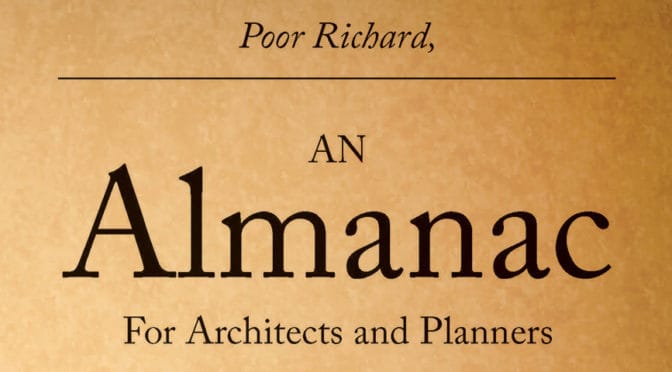More Poor Richard, Part 10
by Mark David Major, The Outlaw Urbanist contributor
Courteous Reader,
I attempted to win your favor when I wrote my first Almanac for Architects and Planners, in the name of the public good and professional betterment, by way of earning some profit and a wife. I am gratified by your expression of encouragement for my tireless efforts dedicated to these aims. Alas, my circumstances still find me exceedingly poor and, unluckily, exceedingly wifeless. I am required to earn some profit to address both problems whilst now addressing a third, namely testing the proposition that insanity is “doing the same thing over and over again and expecting different results.” To satisfy my own particular brand of insanity, I have written more proverbs and whimsical sayings for your benefit and, hopefully, my own.
As before on The Outlaw Urbanist, I write this new Almanac in increments of ten, according to the dictates of Moses and the Almighty. However, once published as an Almanac for Architects and Planners, the proverbs and witticisms were gathered into a number equal to the days of the week, after being reliably informed that both seven and ten are sacred numbers. My desired requirement for a wife is sufficient motive to write this new Almanac in the hope it will find your favor and retweets as a means of demonstrating the usefulness of my continued efforts but also your charity to this sane Friend and poor Servant,
Richard
On Architecture and Cities
91. Excessive use of beige represents an irrational fear of white.
92. A skyscraper isn’t any more a penis than a basement is a vagina.
93. The horizontal brevity of a skyscaper is inversely proportional to its vertical repetitiveness.
94. Skyscraper (skí·skrãp·ər) To wear down the heavens without regard by forceful strokes of an edged or rough building.
95. Too often, skyscapers are not about playing well with others but about playing excessively with yourself.
96. Urban circle jerk: a tradition in which architects, usually men, design unrelated skyscapers in close proximity to one another
97. Suburban circle jerk: the same as an “urban circle jerk” but with only smaller… er, buildings.
98. Design is in the details, meaning in the whole.
99. Urban planning suffers from a deficiency of heroes and an excess of sidekicks.
100. Planning a great city is heroic. Dare to be a hero.
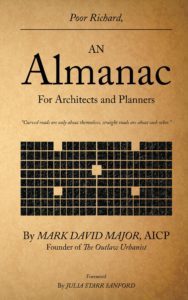 Poor Richard, AN Almanac for Architects and Planners (2013) offered anew proverbs and witticisms about the architecture, urban design and planning of our cities. It was hailed as a “worthwhile”, “hilariously righteous epitome” for its “genius, extraordinary wit, passion for good design, and mastery of the history of planning” in “following both Benjamin Franklin and Ambrose Bierce” (Review by Harold Henderson, Planning Magazine, February 2014 and Foreword by Julia Starr Sanford to Poor Richard, AN Almanac for Architects and Planners).
Poor Richard, AN Almanac for Architects and Planners (2013) offered anew proverbs and witticisms about the architecture, urban design and planning of our cities. It was hailed as a “worthwhile”, “hilariously righteous epitome” for its “genius, extraordinary wit, passion for good design, and mastery of the history of planning” in “following both Benjamin Franklin and Ambrose Bierce” (Review by Harold Henderson, Planning Magazine, February 2014 and Foreword by Julia Starr Sanford to Poor Richard, AN Almanac for Architects and Planners).
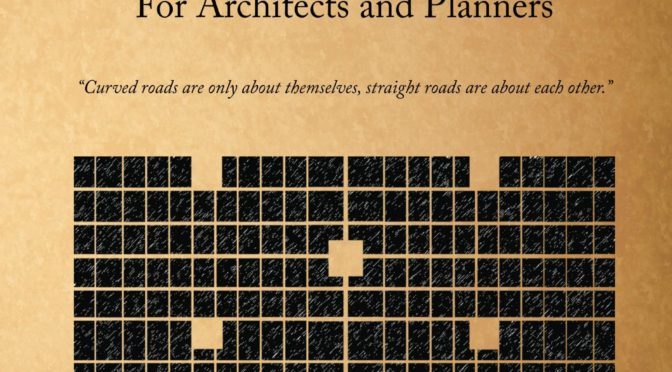
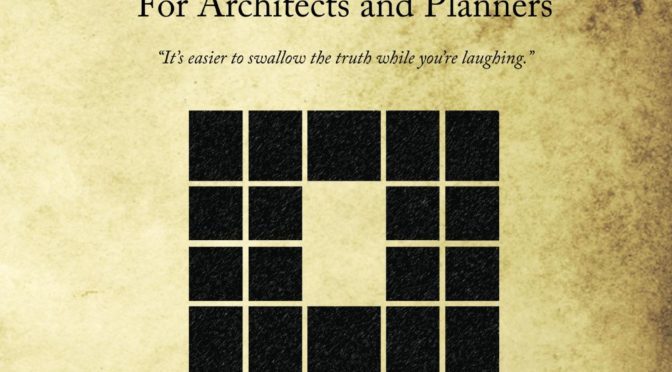
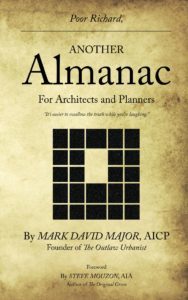 AVAILABLE BEFORE THE HOLIDAYS!!!
AVAILABLE BEFORE THE HOLIDAYS!!!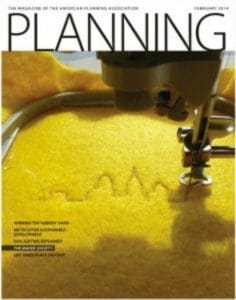 “Poor Richard” Review | Planning Magazine
“Poor Richard” Review | Planning Magazine